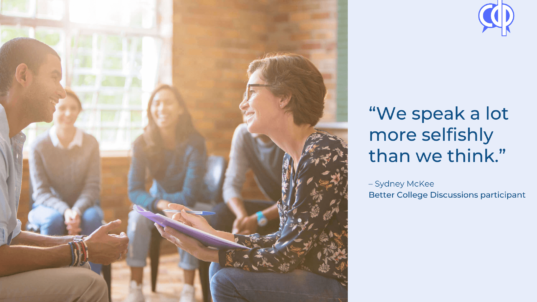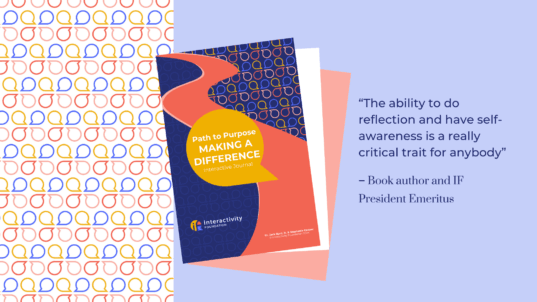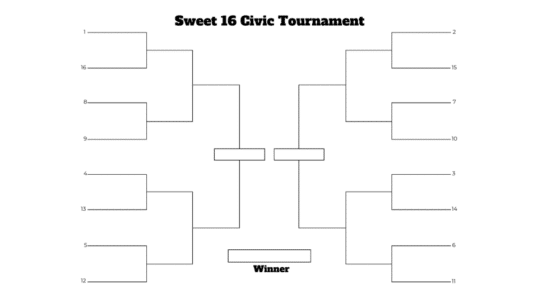
Photo by Louis Hansel @shotsoflouis on Unsplash
Collaboration as more than a collection of competing efforts
“Before we start with our regular small group discussions in class, I want to help you learn what can make collaborative discussions more effective.” So began Monica Weekly, the course instructor.
“I’ve assigned each of you to a discussion group. I’ve sent each of you a list of food items for making a unique salad. The assignment is for each of you to create your own unique salad recipe—but you need to collaborate as a group to develop each recipe. The other rules are, 1) that you can only include items on the ingredient list, 2) that you can only use an ingredient once in your whole group, and 3) that your group as a whole must use end up using every ingredient.”
Confusion reigned as the students began developing their salad recipes. What was intended to be a collaboration became more a collection of competing individual efforts. Students soon realized that they were violating the salad making rules. Then they started over. Each student took turns in adding one item at a time to their salad.
Quickly this became a problem. Disputes arose when a student picked an item that another student was going to select later. The students then began to work together to suggest items that would work well in each other’s salads. Eventually they worked their way to creating distinct salad recipes within each group.
“Now that you have created your recipes, I want you to step back and think about what you’ve just done. You have taken an issue, making salads, and you worked together to come up with different possibilities. In this course, our discussions will focus on developing possibilities. You learned that you couldn’t create your salad possibilities unless you collaborated on their development. That’s one of the learning outcomes for this class: being able to collaborate on the exploration of possibilities.”
“Here’s the assignment for next class: reflect back on this experience and identify the guidelines you would share to improve your collaborative practices.”
Collaborative discussions don’t just happen. Fortunately, there are ways to make them more effective. Tune in to the Collaborative Salads (Part Two) to see what the students identified as effective practices–and watch this space for the launch of the Interactivity Foundation’s Collaborative Discussion Certification Program. This material will be freely available for piloting (see IF’s Educational Resources page).
* * *
Freedom and order are not incompatible… truth is strength… free discussion is the very life of truth.” – Thomas Huxley (English biologist)
This post is part of our “Think About” education series. These posts are based on composites of real-world experiences, with some details changed for the sake of anonymity. New posts appear Wednesday afternoons.



